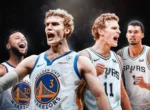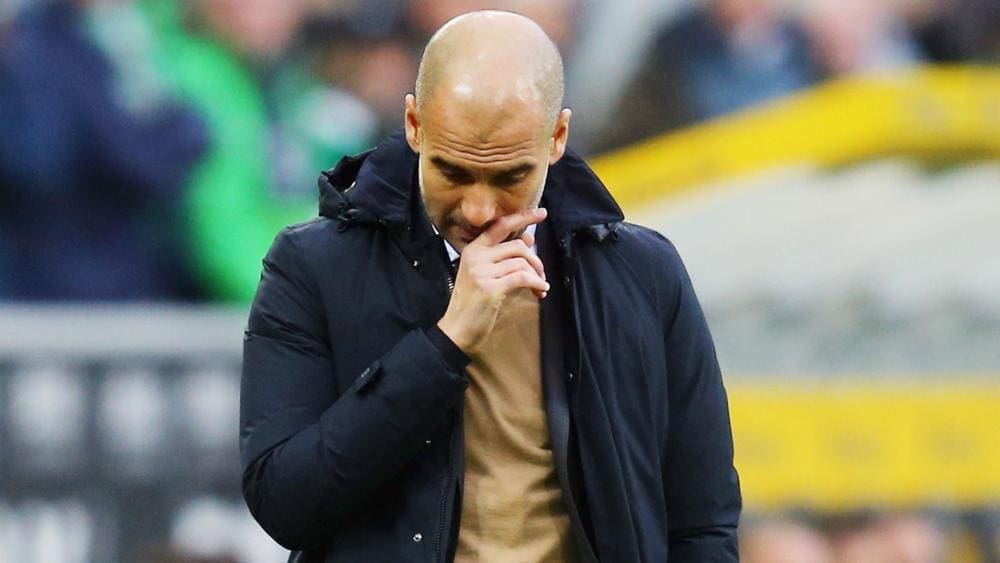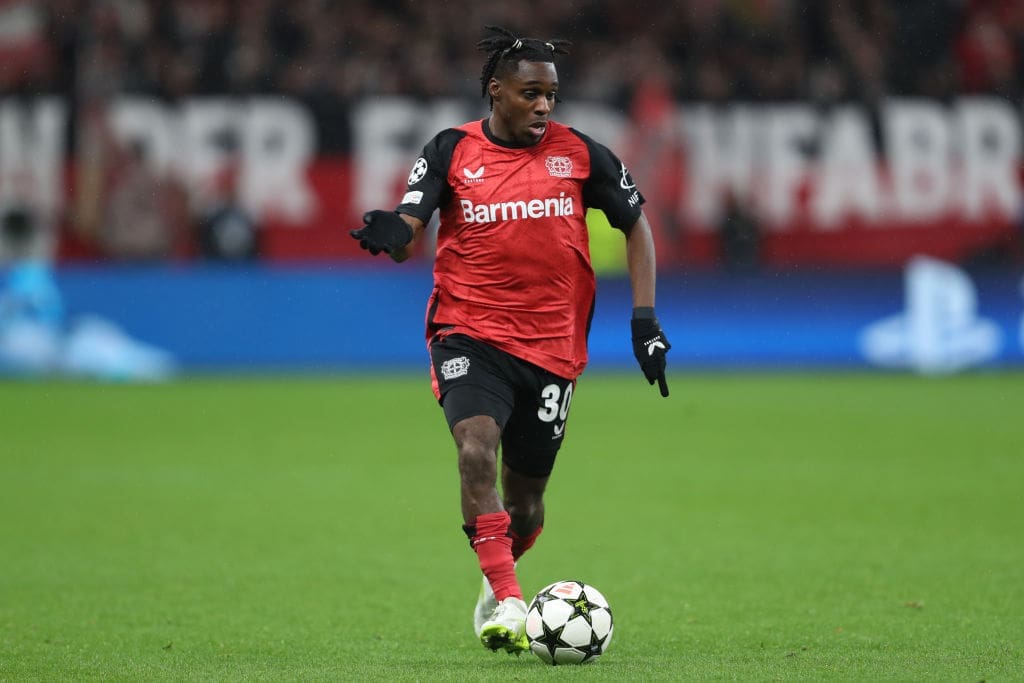As the Paris Olympics approach, the USA men's basketball team, often referred to as the "Redemption Team 2.0," is gearing up for a crucial campaign. This moniker harks back to the original "Redeem Team" that sought to restore America's basketball dominance after setbacks at the 2004 Athens Olympics and the 2006 FIBA World Championship.
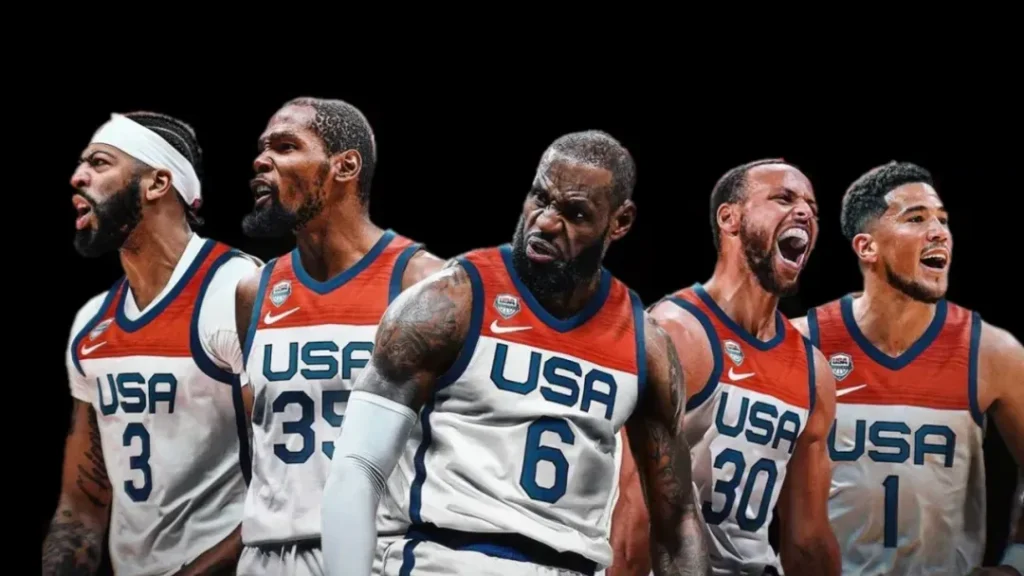
Unlike the dream teams of the past, the current U.S. squad has faced significant challenges on the international stage. Despite winning gold at the Tokyo Olympics, the team showed vulnerabilities by losing to France in the group stage, marking the first time they lost an Olympic game since 2004.
The U.S. team's struggles were more pronounced in recent FIBA World Cups. In 2019, they failed to reach the semifinals, losing to France, and in 2023, they finished without a medal after defeats to Lithuania, Germany, and Canada. The team's underwhelming performances have fueled a narrative of decline, necessitating a strong showing in Paris to reaffirm their dominance.
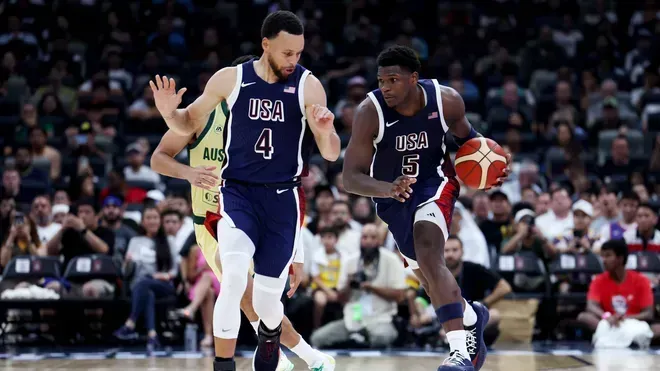
The U.S. team's biggest challenge remains its lack of a dominant center, a gap that has been glaringly evident as the NBA has moved towards a smaller, faster style of play. While the team has traditionally struggled to find a suitable center, this year, they've secured Joel Embiid, a major acquisition intended to bolster their interior presence.
The team's starting lineup has consistently featured LeBron James, Stephen Curry, and Joel Embiid throughout their preparation games. Coach Steve Kerr has been working on integrating a more traditional center-focused approach, though breaking down defenses remains a challenge.
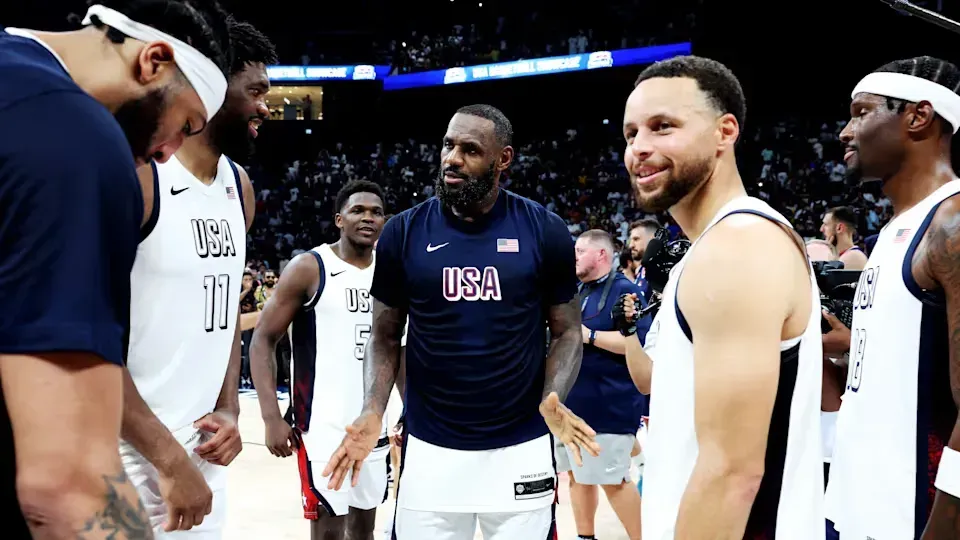
Two significant issues stand out for the current U.S. team compared to the 2008 Redeem Team:
- Defensive Intensity: Unlike the 2008 team, known for its defensive prowess led by Kobe Bryant, the current lineup lacks that level of defensive pressure. The current team has struggled with turnovers and defensive consistency, especially against high-caliber opponents.
- Lack of a Game-Changing Sixth Man: The 2008 team had Dwyane Wade, a dynamic sixth man who could change the game's momentum off the bench. In the current roster, finding a player who can similarly impact the game remains an unresolved issue.
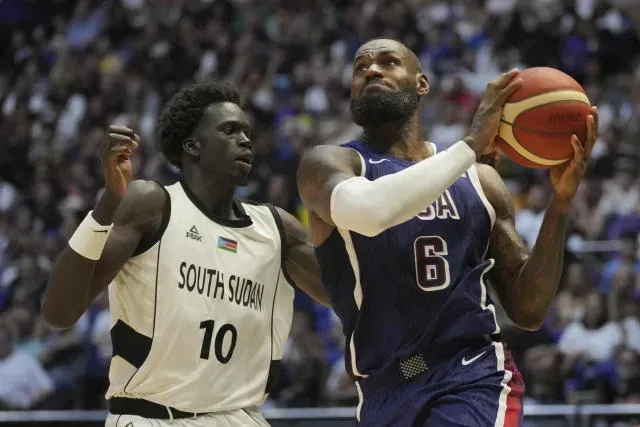
The question of who will step up as the crucial sixth man looms large. LeBron James, despite his age, continues to be a key player, showing clutch performances in recent warm-up games. However, his role as a starter means the team needs another player to provide a similar impact from the bench.
Anthony Edwards has shown potential, but his performances in warm-ups suggest he is still developing into a reliable game-changer at the international level. Kevin Durant's recovery from injury could also play a crucial role, but relying on him solely as a sixth man is risky given his status and role.
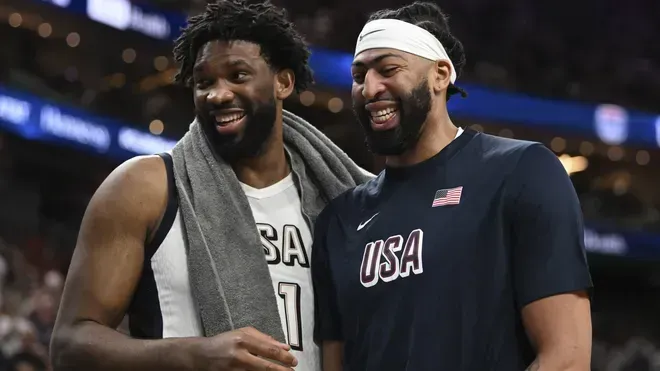
The reality for USA Basketball is that the global landscape has evolved. Teams like France, Serbia, and Germany are now formidable opponents, each featuring NBA-caliber talent. The U.S. team can no longer rely solely on star power; strategic depth and adaptability are essential.
As the Paris Olympics near, the U.S. team faces the challenge of living up to the legacy of its predecessors while navigating the complexities of a globalized basketball landscape. Whether they can find the right mix of players and strategies will determine if this iteration of the U.S. men's basketball team can truly be the "Redemption Team" once more.
Copyright Notice:
Datavictory copyrights this specification. No part of this specification may be reproduced in any form or means, without the prior written consent of Datavictory.
Link:

